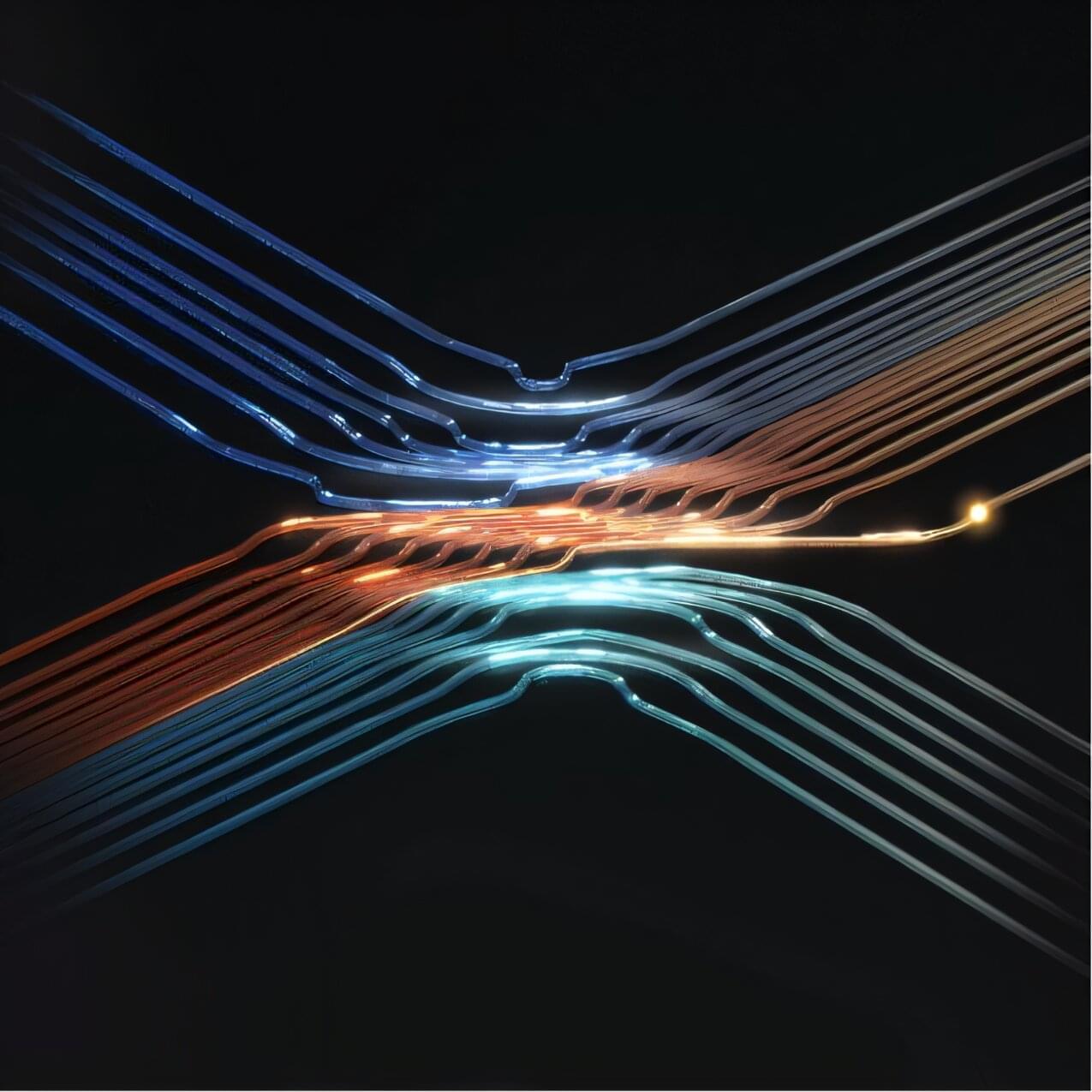Quantum technologies operate by leveraging various quantum mechanical effects, including entanglement. Entanglement occurs when two or more particles share correlated states even if they are distant.
When two particles are spin entangled, the intrinsic angular momentum (i.e., spin) of one particle can influence that of its entangled partner. This would suggest that the energy of the second particle can be altered via a nonlocal correlation, without enabling faster-than-light communication.
Researchers at Shanghai Jiao Tong University and Hefei National Laboratory recently carried out a study aimed at testing this theoretical prediction experimentally using two quantum memories.
